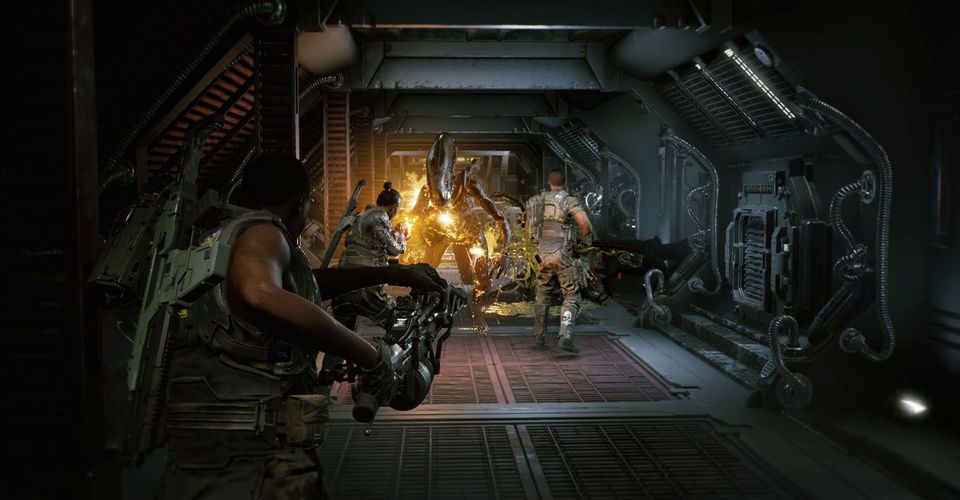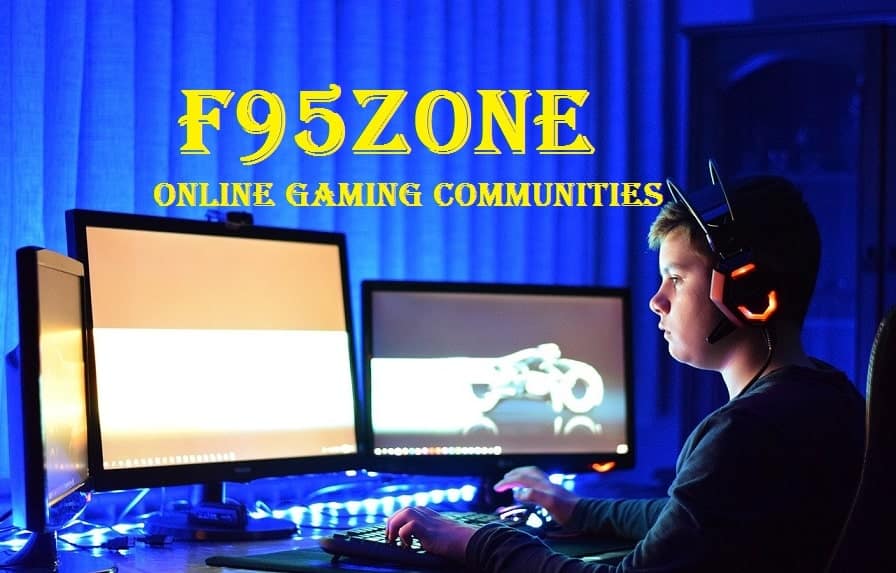Most computer games don’t coordinate with the level of savagery in titles like “Stupendous Theft Auto.” truth be told, many advanced prosaically practices, like participation, cooperation, sharing, and sympathy. One investigation discovered that playing first-individual shooter games increments visual-spatial abilities and that playing system or pretending games support innovative critical thinking abilities. It additionally showed that games can further develop a state of mind, advance unwinding, and diminish pressure and tension.
Another investigation discovered that pretending games permit individuals to “take a stab at” various characters, offering a scope of opportunity of personality never seen before in the pre-gaming period. In the interim, movement-based games like “Dance Revolution” assist with advancing active work and exercise. Schooling and wellbeing-focused computer games additionally have their place. For instance, one game called “Re-Mission” effectively shows youngster malignancy patients to hold fast to their treatment routine.
Do any of these abilities convert into genuine achievement? Specialists have blended perspectives.
“The core of the issue is that business pilots, those we train currently to become [drone pilots], have a bunch of abilities that are area and climate explicit,” said Richard Van Eck, a teacher of educational plan and innovation at the University of North Dakota, in a meeting with Health line. “They glance out the windows, hear the plane, feel present in the plane as it moves. Steering a [drone] is nothing similar to that; the essential interface is 2D screens. So incidentally, computer games might give better preparing to a portion of those abilities than real flight preparing does.”
Nonetheless, computer games likewise instruct abilities that are unfortunate in drone pilots, for example, the inclination to take shots at anything that moves. “Assuming gaming can ingrain the propensity designs expected to fly a [drone], I can’t help suspecting that the endeavors are valuable,” said John Bride well, a teacher of flying at the University of North Dakota, in a meeting with Health line. “On the off chance that there is a negative exchange of learning, it isn’t the case acceptable. Propensity designs are undeniably challenging to break. In any event, when one can end a propensity design, in a crisis, individuals normally resort to the activities initially educated.”
Significant Uriah Orland of the United States Air Force closes, “What is more diligently to catch in current test systems are the jobs of pilots, which is considerably more than simply deftness. They are a mission administrator for a confounded battle weapon framework, regularly requiring the coordination of different stages and groups. The pilots are planning with a functional chain to decide the proper work of weapons and are keeping the fitting guidelines of commitment while settling on ultimate choices on delivering weapons. This authority, coordination, and obligation is something that computer games can’t start to repeat.”
So What’s the Verdict?
To inspect the abundance of information on the mental impacts of computer games, Anderson, overseer of the Center for the Study of Violence at Iowa State, and Christopher Ferguson, of Stetson University, have performed meta-investigations. These examinations join information from an enormous number of papers to coax out broad patterns.
As indicated by Anderson’s discoveries, computer games help the body’s instinctive reaction, increment forceful contemplations and sentiments, and decline prosaically and compassionate conduct. Ferguson, then again, observed that the proof was equivocal, and ascribed the abundance of information on animosity to distribution inclination, wherein concentrates on that observe an impact or the like are bound to be distributed than concentrates on that track down no impact.
There’s a chicken-and-egg question here — do savage computer games cause animosity, or do kids who are inclined to hostility further down the road additionally play rougher computer games? Anderson embraces the General Aggression Model, which expresses that the transient hostility set off by computer game play sums up different everyday issues. Ferguson’s hypothesis is the inverse: he advocates the Catalyst Model, in which computer game use enacts prior propensities toward animosity brought about by science, character, and companion and family climate.
Body stresses
Body stresses over this last option model, which he names the “terrible seed” theory. “This suggests that a few children are simply conceived awful and this ‘disagreeableness’ first appears as appreciation for messing around of the kind we inspected,” he said. “The awful seed theory needs to say that not exclusively does the seed develop toward these awful practices, yet it does as such in precisely the manner we archive. It needs to excuse any lab concentrates on that do track down a causal impact of playing these games on conduct (e.g., proof of expanded hostility, taking, cheating in the lab — all of which have been reported), as inconsequential and transitory.”
There are, be that as it may, different motivations behind why computer games similar to สมัครxo may be connected to hostility. Andrew Przybylski, an exploration individual at the Oxford Internet Institute, found Trusted Source that it wasn’t brutality in computer games than anticipated hostility but instead how baffling or testing a game was to finish. Other exploration of his additionally tracked down that “games including fierce stories and content will quite often be more engaging for the people who are higher in quality level hostility,” he told Health line Learn More






